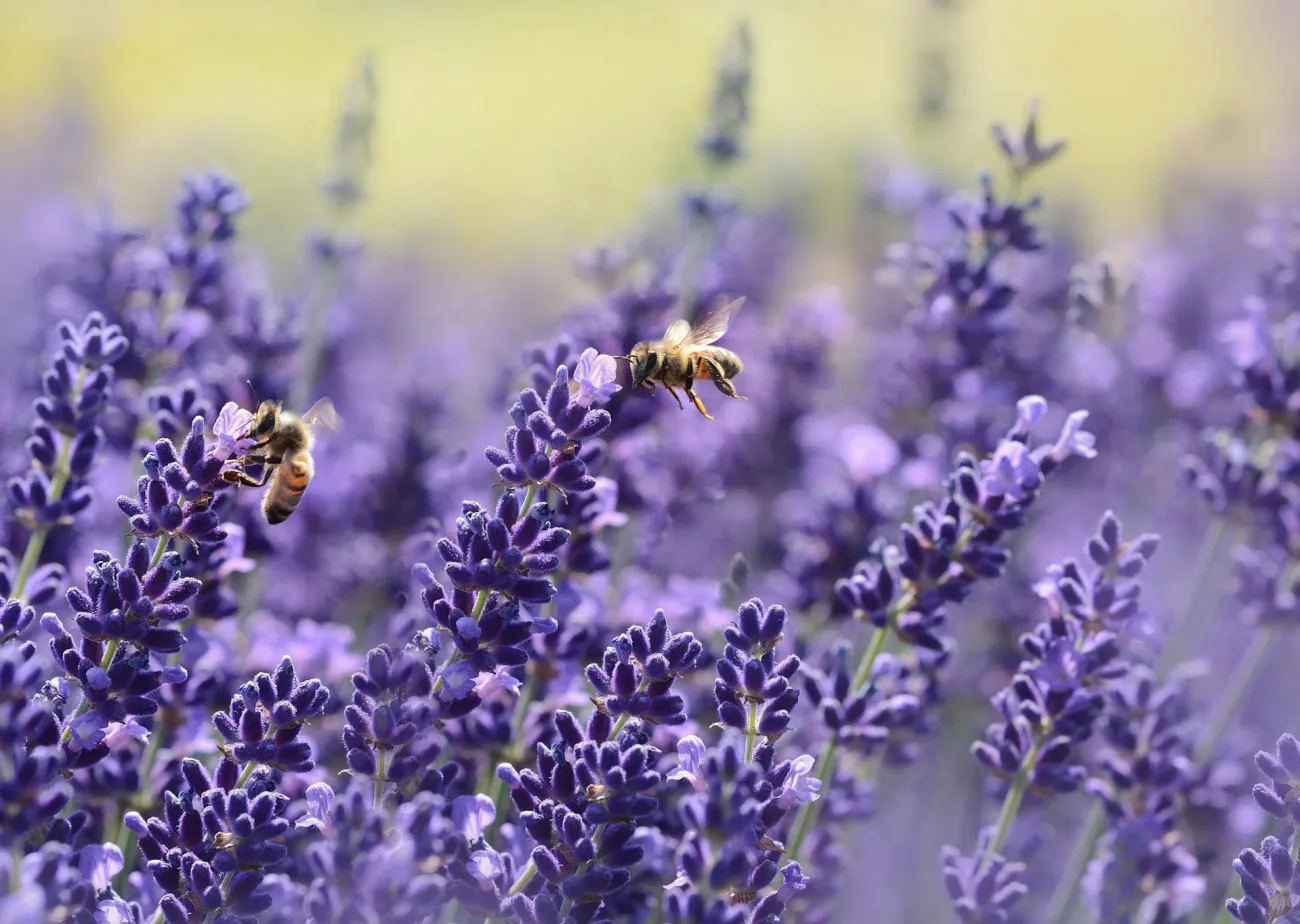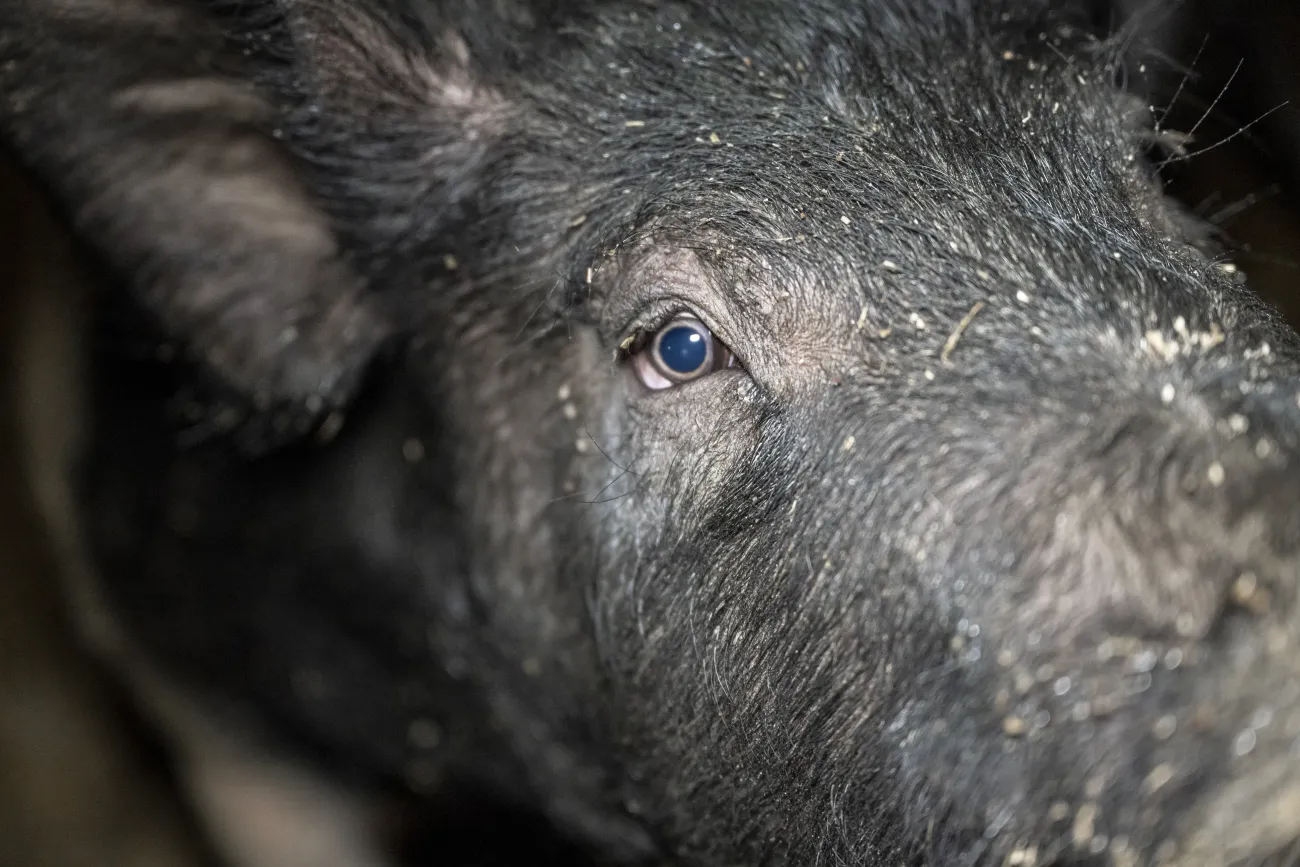Episode summary
How do philosophers, animal welfare scientists, and farmers differ in their understanding of what a good future for farmed animals looks like? TABLE researcher Tamsin Blaxter discusses the complex relationships between humans and non-human animals and how these connections shape our food choices. We talk about who gets to speak with authority on these topics, the connections between scientific research and animal welfare regulations, and our own experiences with eating and not eating meat.
Read TABLE explainer Animal welfare and ethics in food and agriculture (Tamsin Blaxter, Elina Åsbjer and Walter Fraanje, 2024)
Register to TABLE event Rethinking animals in agriculture: welfare, rights and the future of food (10 September)
About Tamsin Blaxter
Tamsin Blaxter is a Researcher and writer at TABLE. Her background is in socio- and historical linguistics and linguistic geography: she did her BA at the University of Essex, MPhil at Oxford, PhD in linguistics at Cambridge. This was followed by a Research Fellowship at Gonville & Caius College, Cambridge, in which she worked on understanding how spatial processes determine the big picture of language change—such as how changing migration habits lead to the disappearance of dialect diversity. She is interested in the making and transmission of cultural meaning and its attachment to place and habits of living.
Tamsin's writing for TABLE has covered the history of protein and power (essay, explainer), and debates around the ritual of killing and eating whales in the Faroe islands (essay, podcast).
Relevant resources
TABLE Explainer Animal welfare and ethics in food and agriculture (2024)
TABLE Interactive visual Pathways to animal futures: values, strategies and perspectives (2024)
TABLE Blog Will animal welfare be COP28's sacrificial lamb? (Cleo Verkuijl and Jeff Sebo, 2023)
Instagram video Rat Kuzko driving remote control car (2024)
Nature Food article Animal welfare is a stronger determinant of public support for meat taxation than climate change mitigation in Germany (2023)
UK legal recognition of decapod sentience Lobsters, octopus and crabs recognised as sentient beings (2021)
London School of Economics report Review of the Evidence of Sentience in Cephalopod Molluscs and Decapod Crustaceans (2021)
Lars Chittka's lab Bee sensory and behavioral ecology lab
Related Feed episodes
Meat the four futures: Health, Biodiversity, Ethics
Pig transport and human-animal relations



Comments (0)